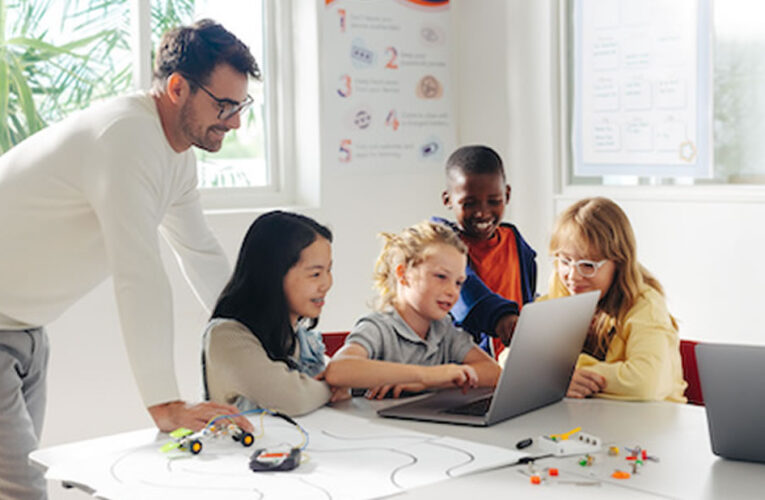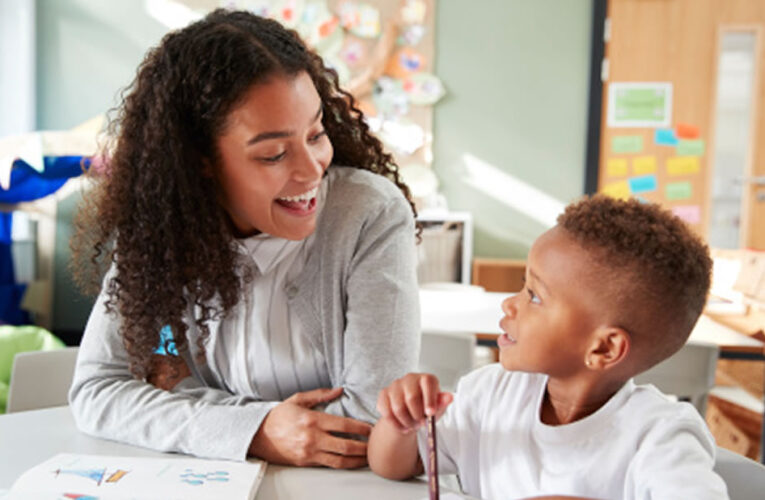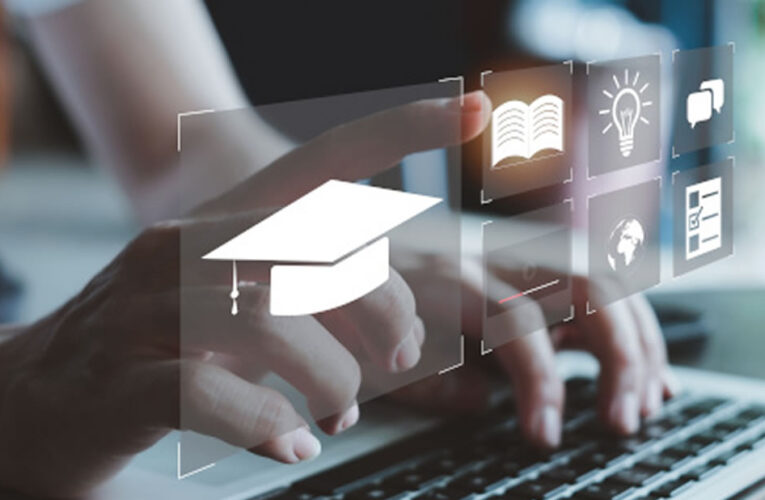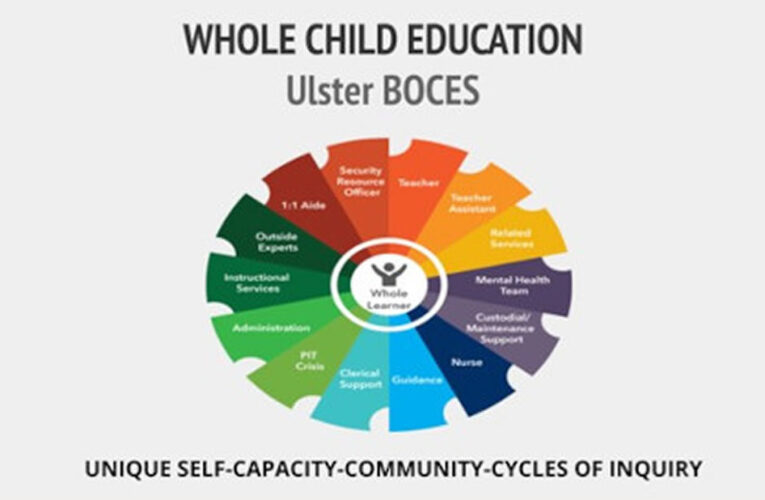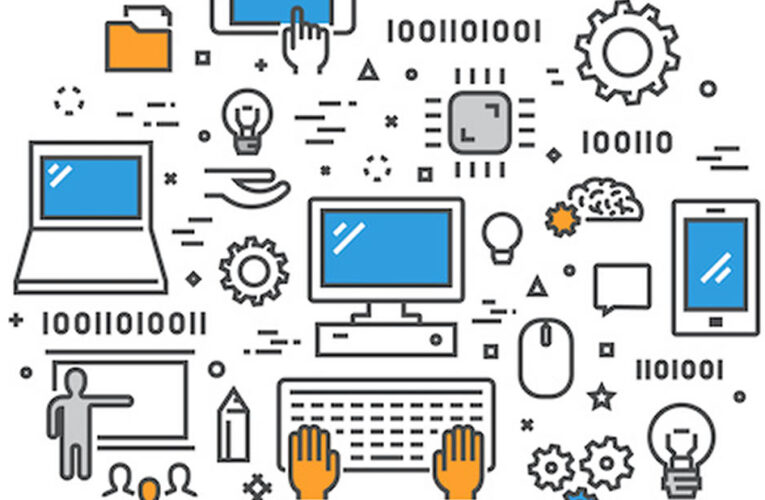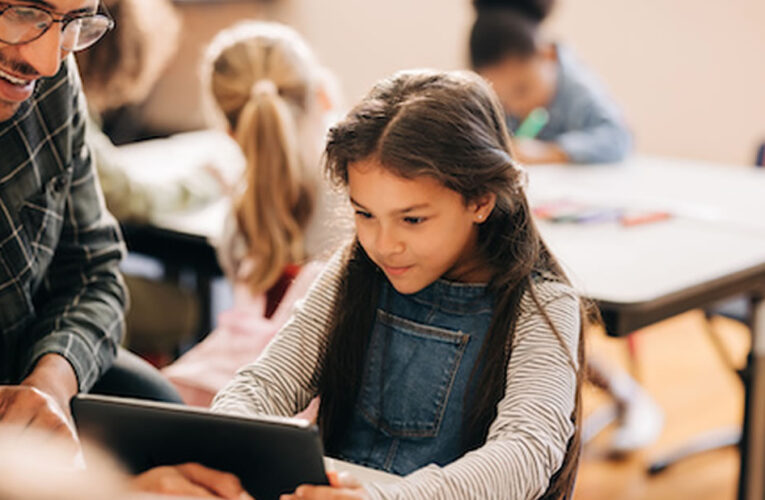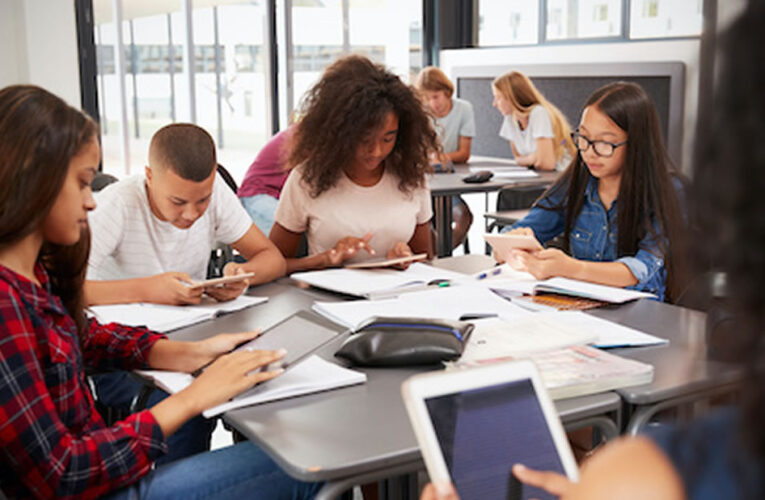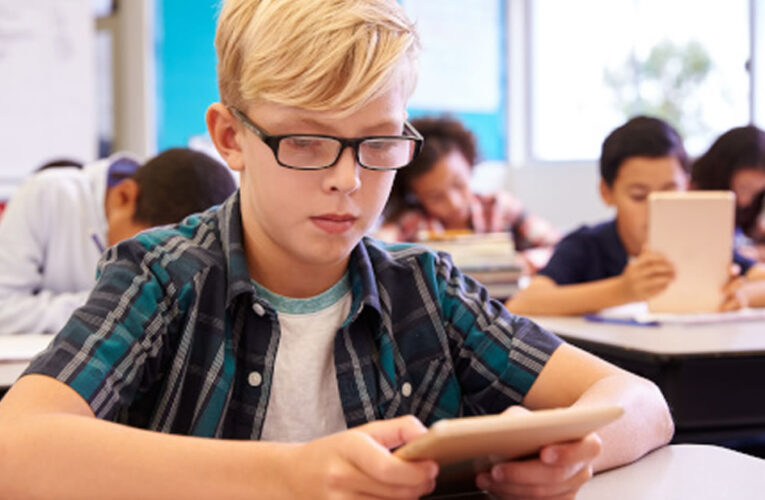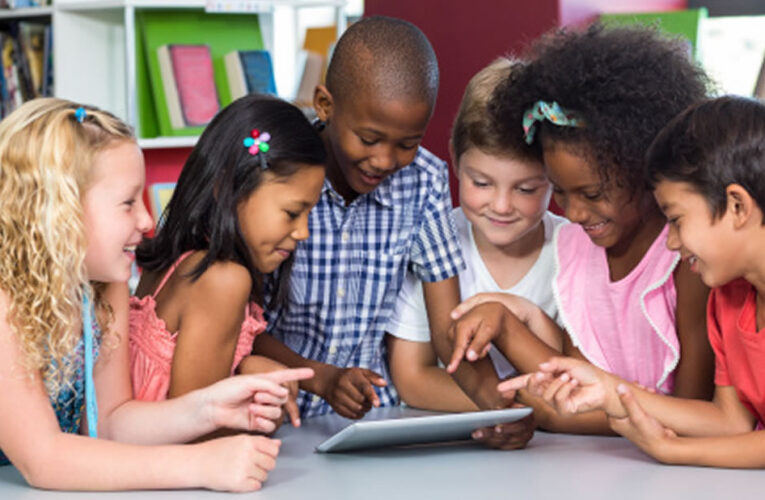The intersection of the science of reading and edtech
While this fall marks my 38th year in education, it has been 28 years since I was a classroom teacher. Teaching elementary school was the hardest job I ever had, but there are many parts of the role I miss. This time of year, I especially miss the opportunity to … Read More
